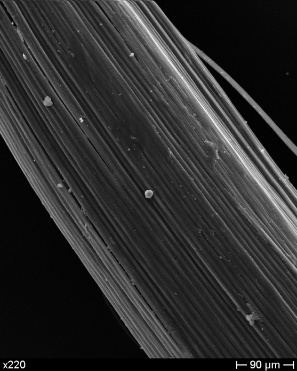
Antonio Zuorro
Sapienza University of Rome, Italy
Title: An enzymatic-based process for the extraction of fibers from diss stems with for composites reinforcement
Biography
Biography: Antonio Zuorro
Abstract
The diss plant (Ampelodesmos mauritanicus) is an herbaceous perennial plant of the family Gramineae that lives on arid and sandy soils, typical of Mediterranean grassland. The species is widespread in North Africa, in coastal areas of Spain, France, Balkan, Turkey and Italy (in particular, on the arid coastal slopes of the Center-South, in Sicily and in the coastal region of Liguria). Its stems are composed of cellulosic filaments linked by lignin, pectins and hemicellulose. Short fibers can be obtained from the stems by aggressive extraction methods which eliminates the binders. They can be used for paper production. On the other hand, the extraction of long and flexible fibers, useful for the production of reinforcement of composites, is not yet developed and is therefore the subject of this work. Stems were treated with 0.25 M KOH in autoclave at 140ºC for 1 h in order to remove lignin, in the presence of 1.5% of sodium hydrosulfite used as reducer agent. Delignified stems were then treated with different enzymes (pectinases, xylanases and a mixture of them) for pectin and hemicelluloses removal. This treatment was performed at 50ºC, pH 4.5 for 1 h. The effect of enzymatic treatments on the morphological, chemical composition and mechanical properties of diss fibers was investigated and the effectiveness of enzymatic treatments has been evaluated. The results indicate that the tensile properties of fibers were greatly improved when an optimized enzymatic-based process was used to separate the fibers from the stems. This work also showed that enzymes offer an attractive and eco-friendly approach to extract plant fibers.


